WhatTheyThink: As LabelExpo in Brussels draws near—an event of great importance for showcasing advancements in the label industry—what are your thoughts, Haim, on the current state of the Labels & Packaging Industry? In particular, where does the industry stand with 2023 coming to a close, given the backdrop of unpredictable global political and economic dynamics that have unfolded in recent years?
Haim Levit: This is an important question in a market going through both structural and conjunctural changes. The pandemic in 2020 generated instability quickly followed by an impressive surge in demand until 2022. Now, the labels market has entered a phase of consolidation and a slight slowdown in some specific types of applications where brands that had accommodated for the earlier disruptions in supply chains, now need to engage in destocking efforts.
From a structural standpoint, the labels industry is showing a strong resilience and the recent summer period has not only restored the demand levels observed in 2022, but has also unveiled promising indicators of new growth trajectories. It is worth noting that the overall packaging industry is showing strong resilience, as evidenced by a year-over-year growth rate at 9%.
WTT: How is the state of the industry, as you’ve just described it, influencing the direction of HP’s strategic initiatives?
HL: Our strategic initiatives are driven by our deep commitment to investing in technology and innovation, allowing our customers to excel in a dynamic market.
Today’s market trends, reflected in the state of the industry, are characterized in part by converter consolidation alongside consumers and brands demanding agility and sustainability. These trends are creating market conditions in which digital delivers tangible benefits to navigate in a complex production landscape where converters need to adjust production plans and types of substrates very quickly. This is precisely where the Indigo mindset unlocks higher efficiency, and shorter delivery times, resulting in increased productivity and higher ROI.
WTT: What can you tell us about your portfolio that you are bringing to LabelExpo, and how does it align with the strategic initiatives you have described?
HL: At LabelExpo, we're excited to present both a product and an application portfolio that encapsulates the essence of being future-ready, efficient, and sustainable in the ever-evolving label landscape. We recently released two industry-changing presses, the HP Indigo V12 and the HP 200K Digital Presses. Both help converters to not only push the boundaries of flexibility and productivity but also to engage new applications and increase profitability.
The HP Indigo V12 is a new class of label press and is leading our digital label factory alongside the HP Indigo 6K Digital Press, both of which will be featured at LabelExpo. The V12 developed under our novel LEPx technology boasts printing speeds of up to 120 lm/minute, and the feedback from our customers who have beta tested this press has been incredibly positive. They have experienced outstanding productivity and unmatched quality and have stated that the press’s speed and efficiency are going to change the way they work. Together, these presses can cope with a wide range of substrates and all kind of job lengths.
The launch of the HP Indigo 200K is a huge milestone for the flexible packaging market. This press has the power to enable new types of applications generating new revenue streams, while fixed costs remain steady. We have already received positive feedback from our beta customers that the 200K is generating more business opportunities with its ability to print 30% faster. In today's fast-moving world, short turnaround times are providing a competitive advantage and the 200k promises sustainable short runs that can be delivered in days, instead of weeks.
Both the HP Indigo V12 and the HP Indigo 200K contribute to a portfolio that strategically aligns with our vision for a more efficient and sustainable print industry. Our application portfolio at LabelExpo showcases our expectations for the future, where we can expect label converters to move towards complete digital factory for both labels and flexible packaging production. An Indigo V12 operating alongside an Indigo 6K and next to a 200K would indeed be a fantastic configuration allowing converters to be more agile, productive, and sustainable to address brand owners’ requirements more effectively and more profitably.
WTT: We hear a lot of talk today about sustainability? Where is the demand coming from and how is your new portfolio prepared to address it?
HL: The demand for sustainability is emerging from various populations. Consumers are increasingly conscious of the environmental impact of products they choose, prompting brands to prioritize more eco-friendly solutions. Additionally, regulatory bodies and industry standards are placing greater emphasis on sustainable practices. As the world's largest printing equipment manufacturer, it is important for HP to take a leadership position on sustainability.
Our solutions portfolio is meticulously engineered with sustainability in mind from product design, through substrates processing, energy consumption and recyclability at the end of the product life. Not only are we manufacturing carbon neutral, but we reduce production waste through printing on-demand and quality control. We monitor energy efficiency, support eco-certified materials, and meet circular packaging and food packaging regulations. We design our presses to print on recycled, recyclable, or compostable media and employ technologies like mechanical recycling, wash-off and de-inking.
HP Technologies allow converters to lower their environmental impact and resonate with brand owners who need to answer the growing consumer preference for simpler, recyclable packaging, driving real change in the market.
WTT: Let's shift our focus to role of software, AI, and automation in running a production floor. How do you view the role of automation in this context? Could you elaborate on how these technological aspects are transforming the way production floors operate and why they're becoming increasingly essential?
HL: The influence of AI in the labels and packaging industry is particularly profound across the entire production line. The growing number of jobs across multiple substrates lead to more complex production floors where automation, quality control, preventive maintenance will further progress with the rise of AI. By adopting workflow automation tools, converters can operate without depending on specific press operators, reduce errors, waste and ultimately increase efficiency.
A complete workflow automation involves various software tools, such as MIS and prepress. By consistently evolving our own tools and by integrating them with the industry’s leading providers, our customers are able to automate repetitive tasks, increase quality, reduce human intervention and ultimately enable business to scale.
Earlier this year, we introduced PrintOS Suite, a cloud-based operating system that integrates software and data tools into print production. The suite's four Power Packs streamline HP's application portfolio and focus on press monitoring, productivity management, consistent quality, personalization, customization, and digital site automation from job submission to final products shipping.
At LabelExpo, we're showcasing applications and technologies that reaffirm we are creating value for our largest install base. For instance, we're introducing Spot Master – an application that simplifies brands’ color reproductionand reduces media waste – now accessible on the HP Indigo 6K, and 200K digital presses. Additionally, we're addressing workflow efficiency with an offline proofing solution – again, done with our partners. These software technologies are integral not only for boosting productivity but also contributes to waste reduction and higher ROI.
WTT: These are all significant developments for the digital press industry. Where do you go next?
HL: Labels and flexible packaging are substantial markets with untapped potential for analog to digital transformation and for manual to automated processes management. As we look ahead, our customer priorities and requirements will remain central in shaping our ongoing innovation. You can expect new products with LEPx technology, workflow automation, and sustainability at the core. We are excited for the future and looking forward to leading the next chapter of Label & Flexible Packaging production.

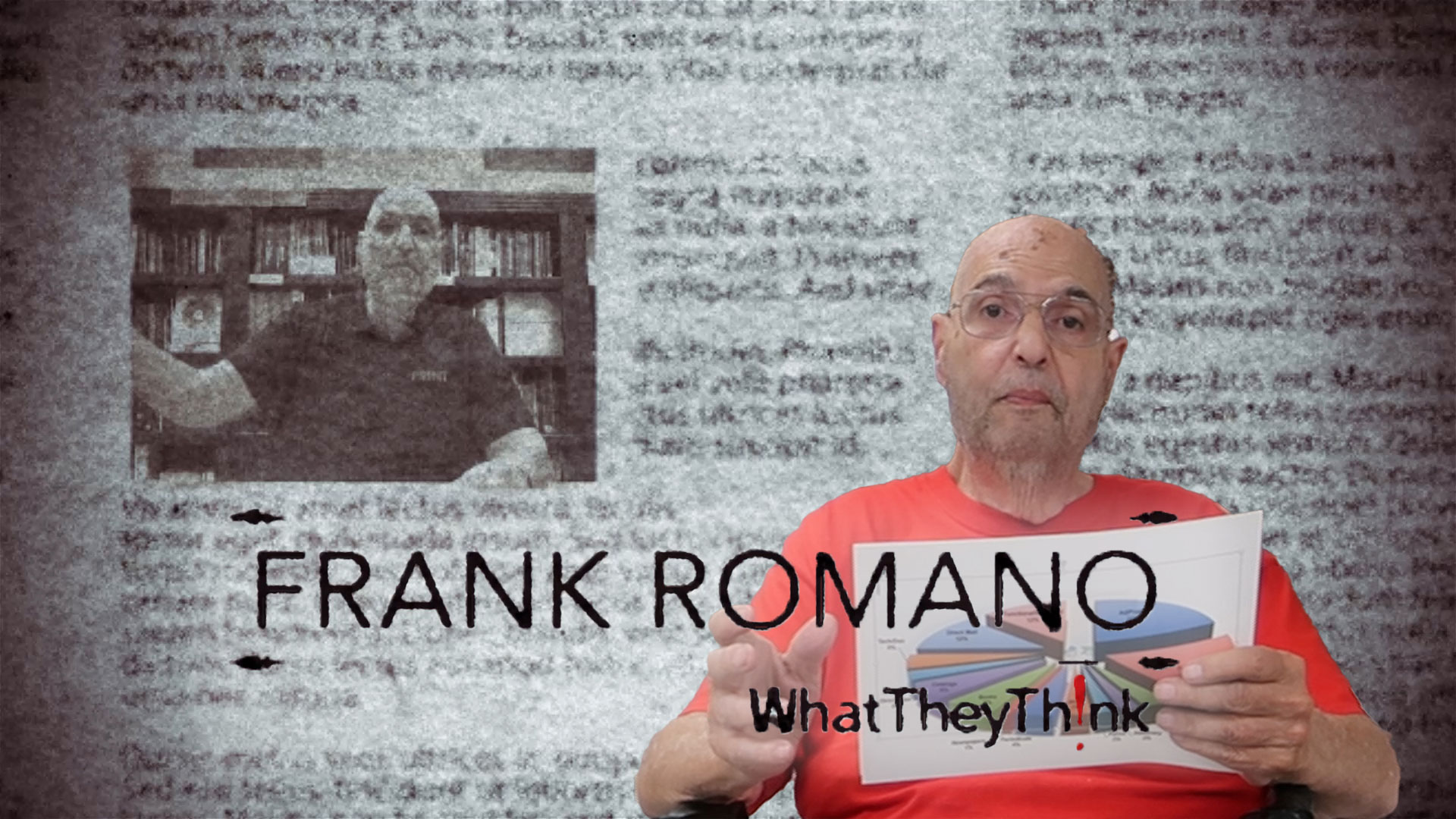
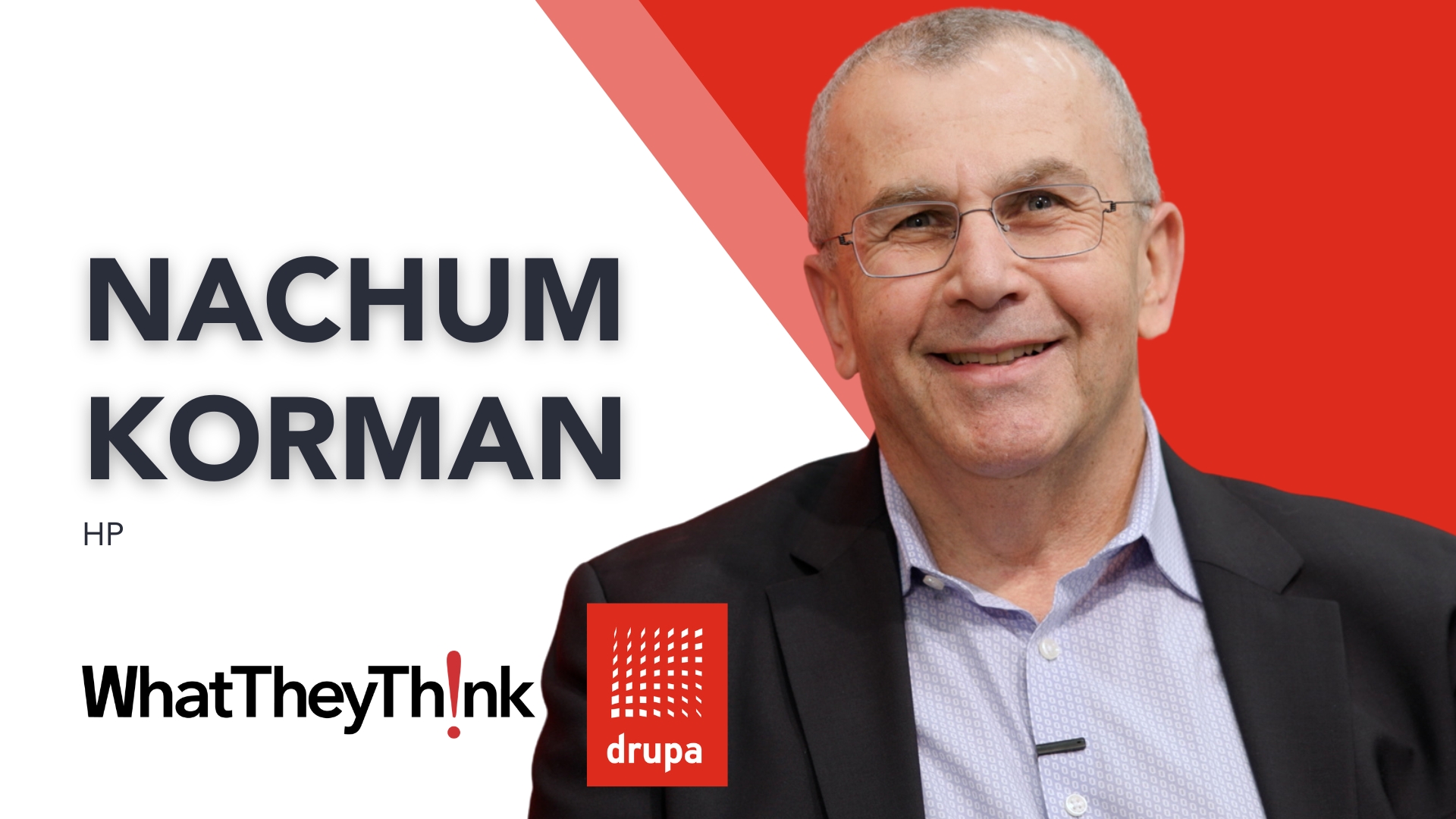
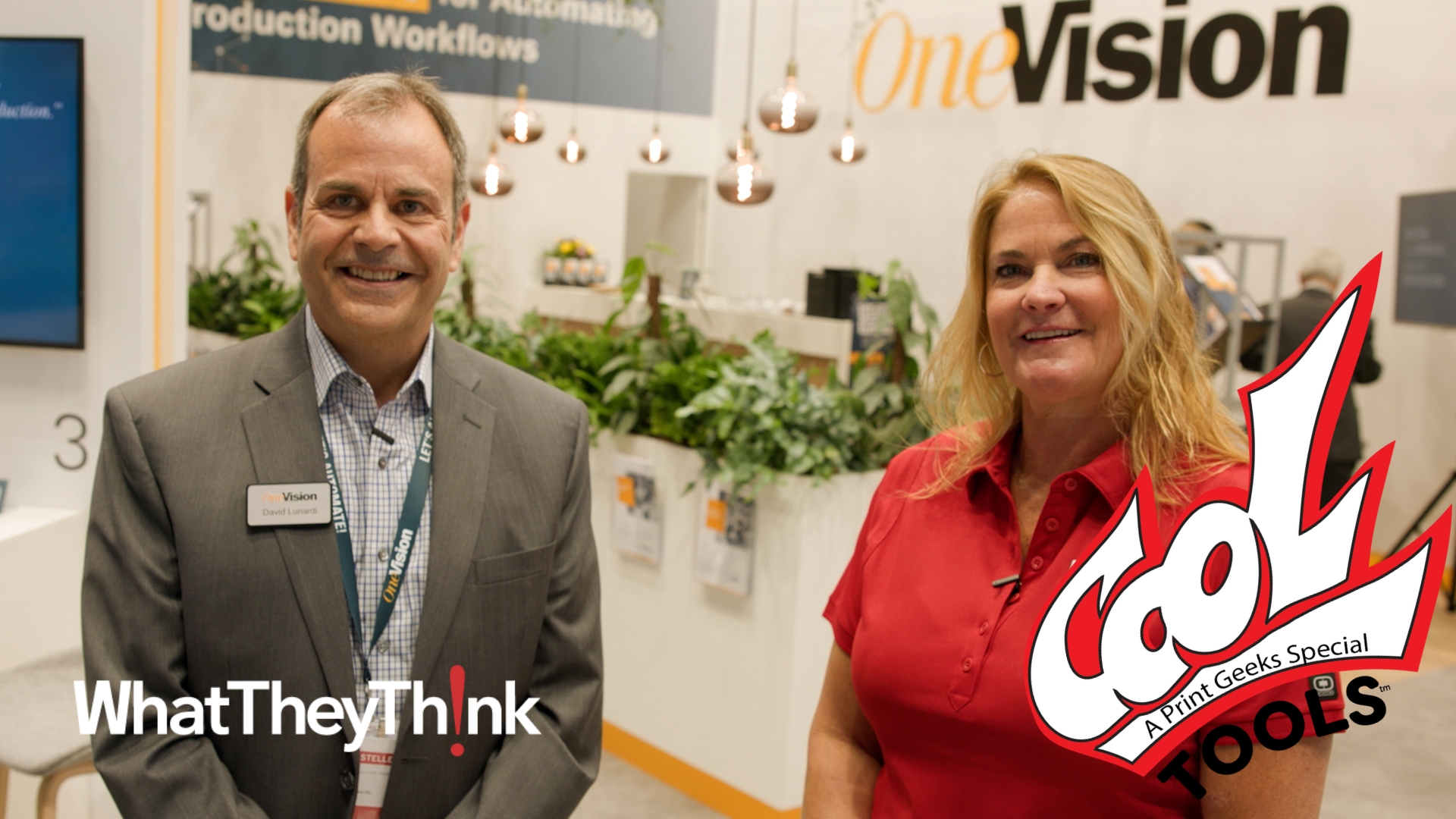
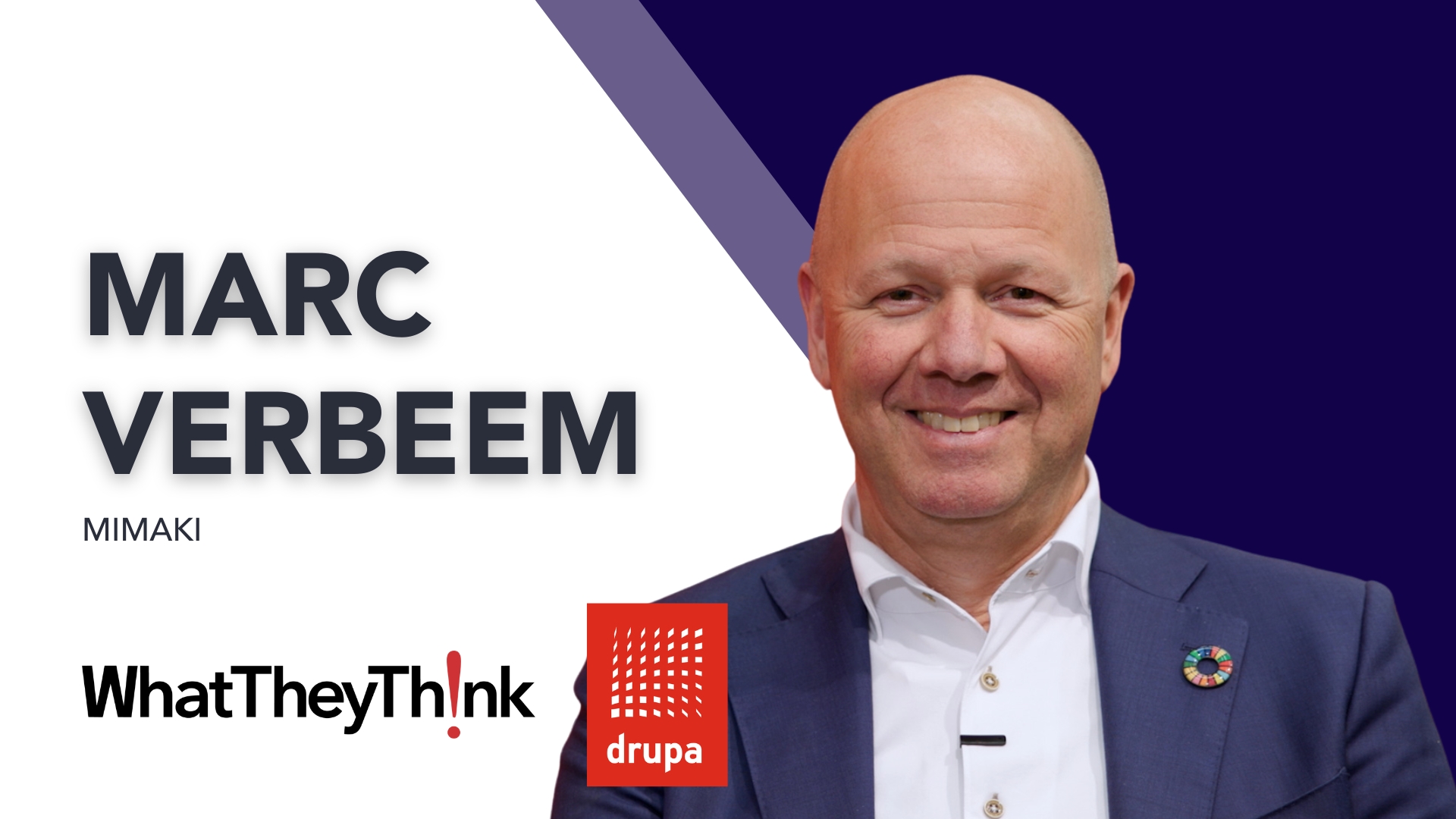
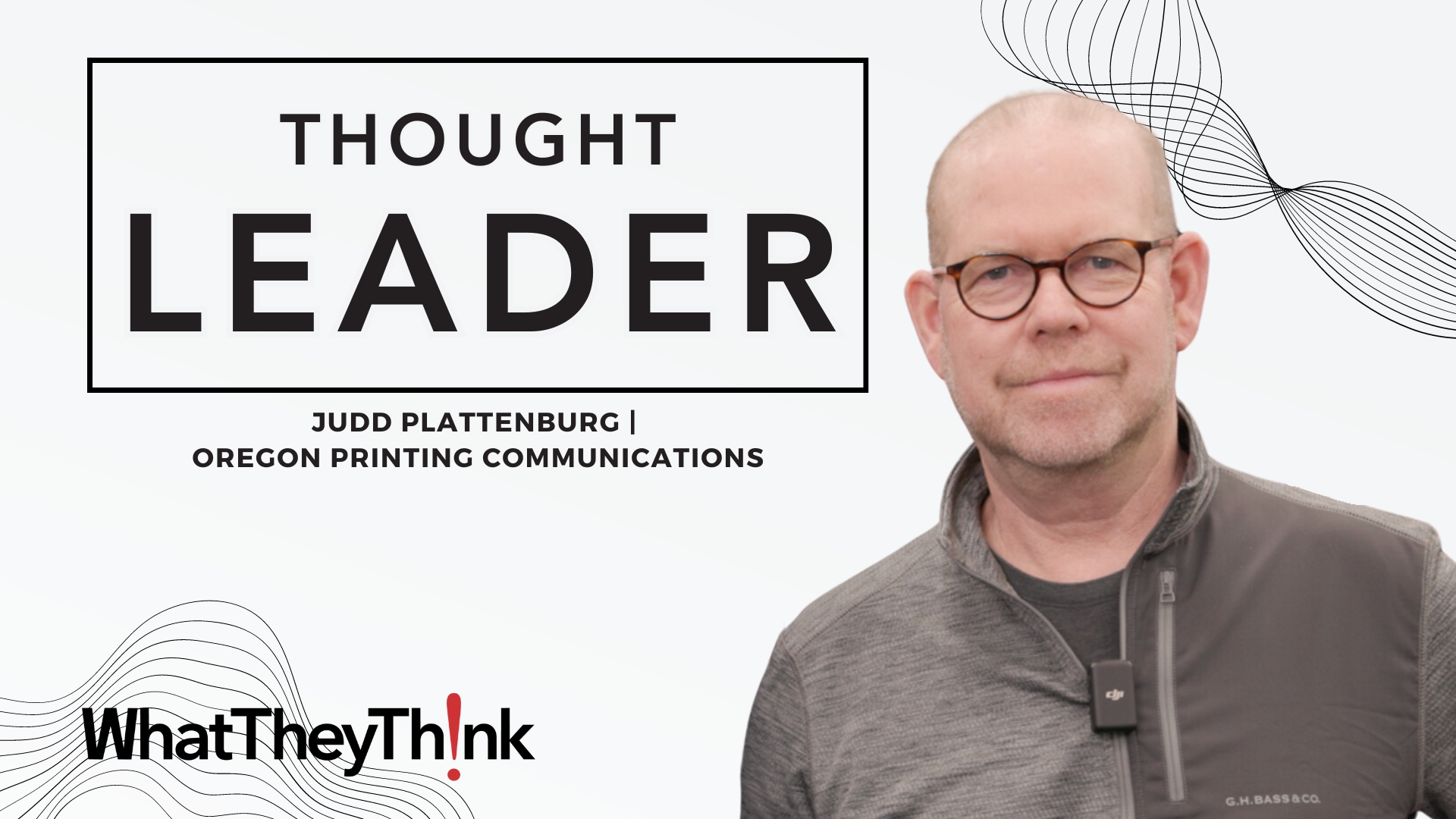
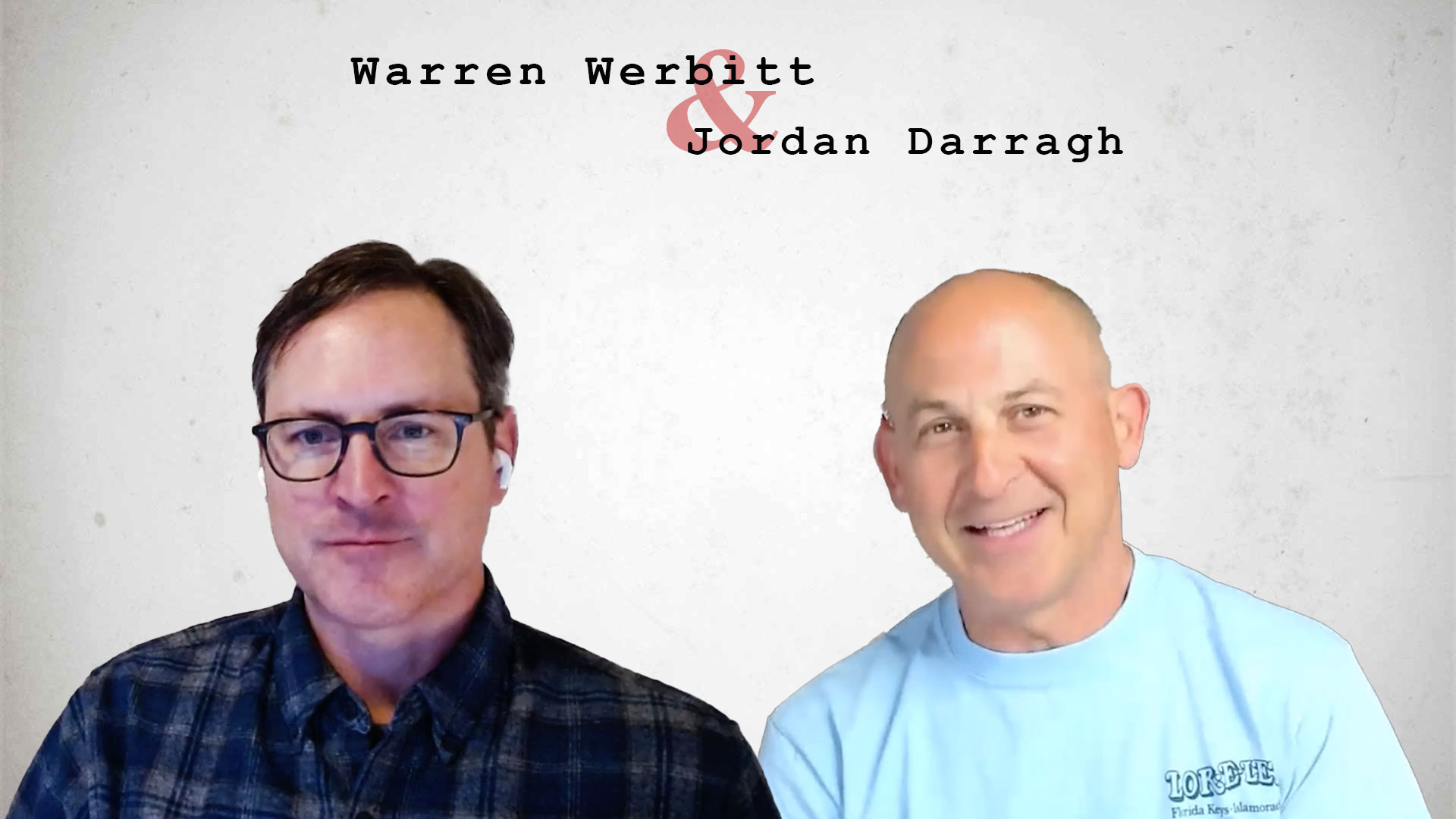
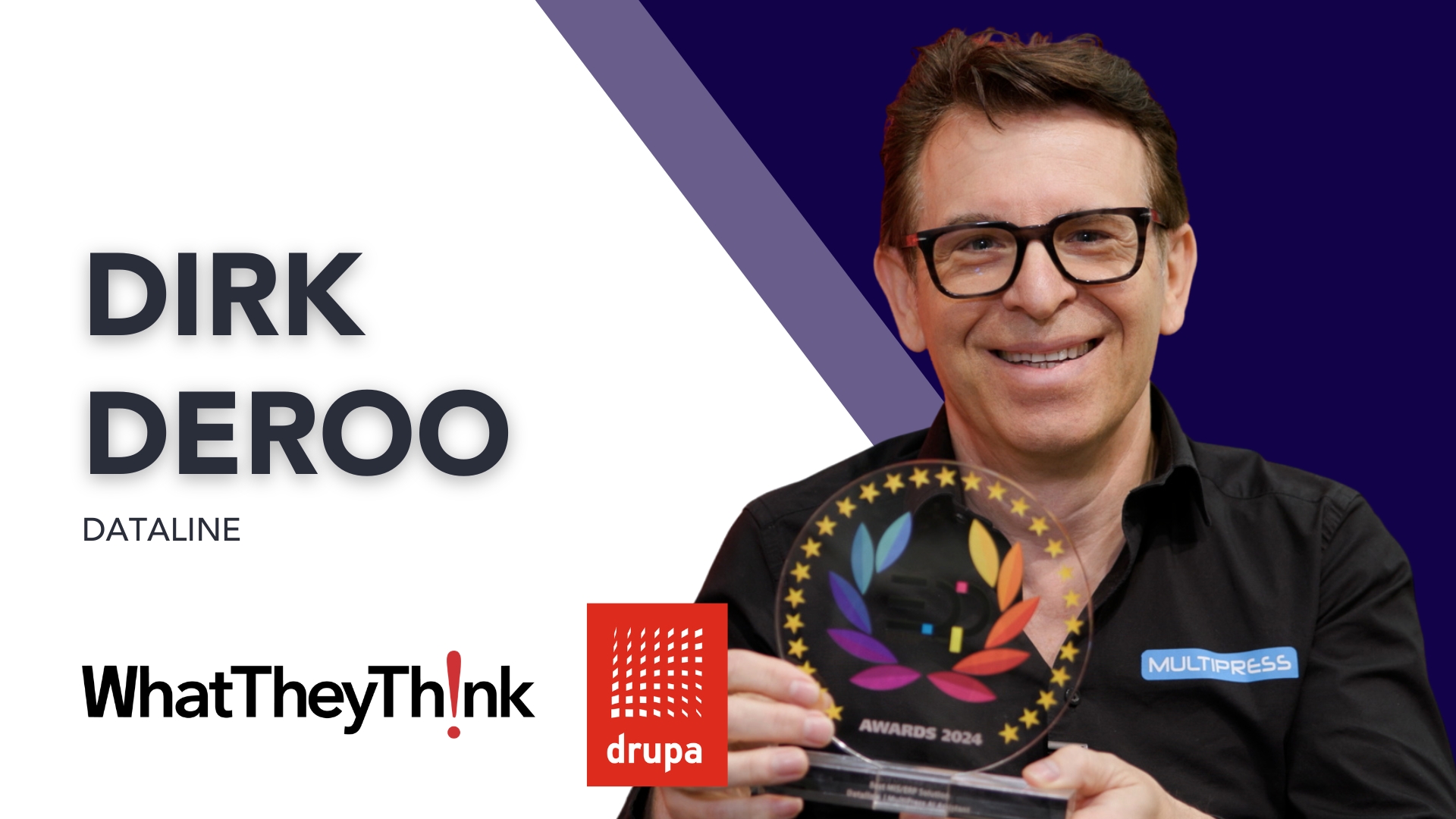
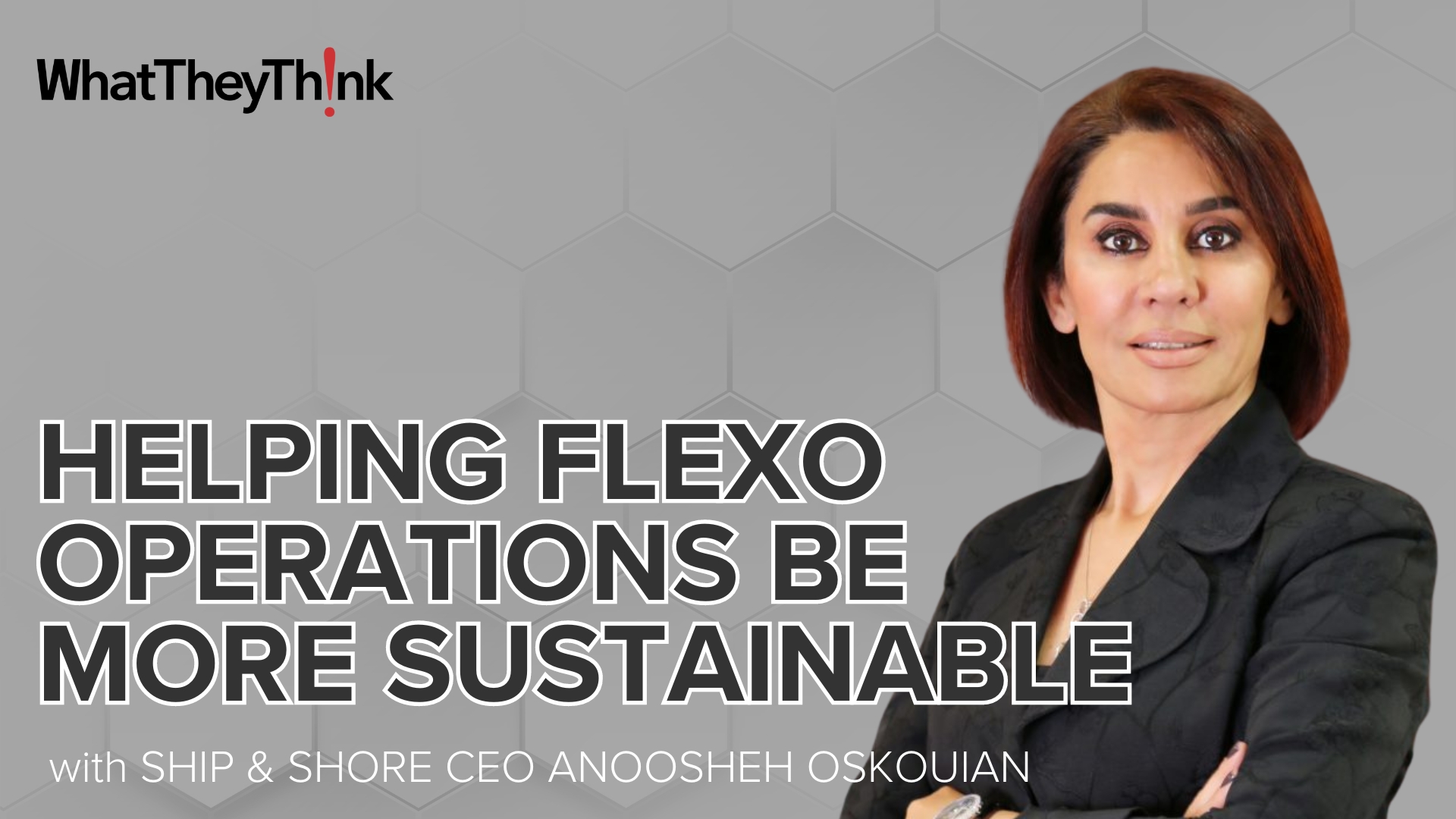
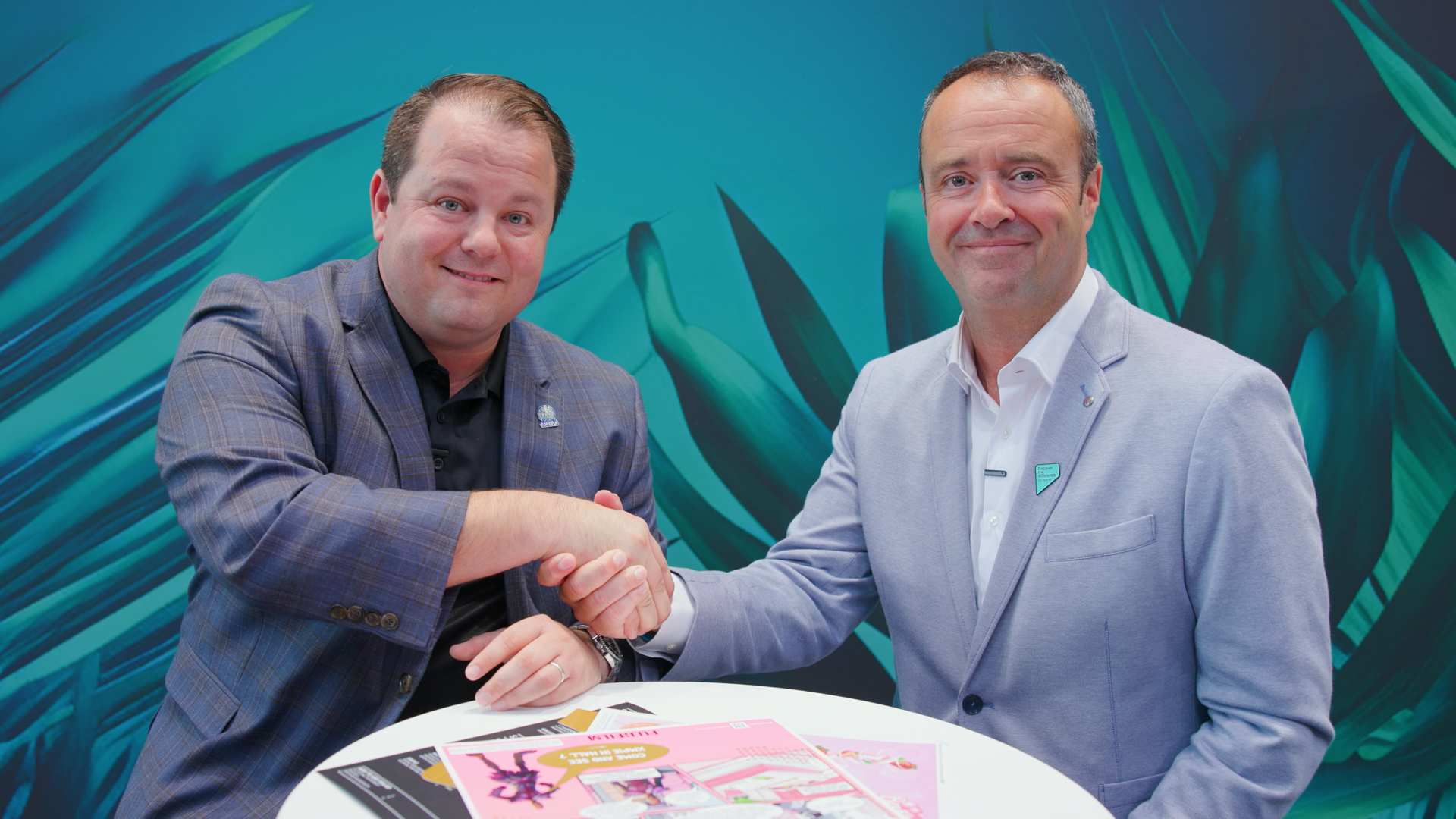
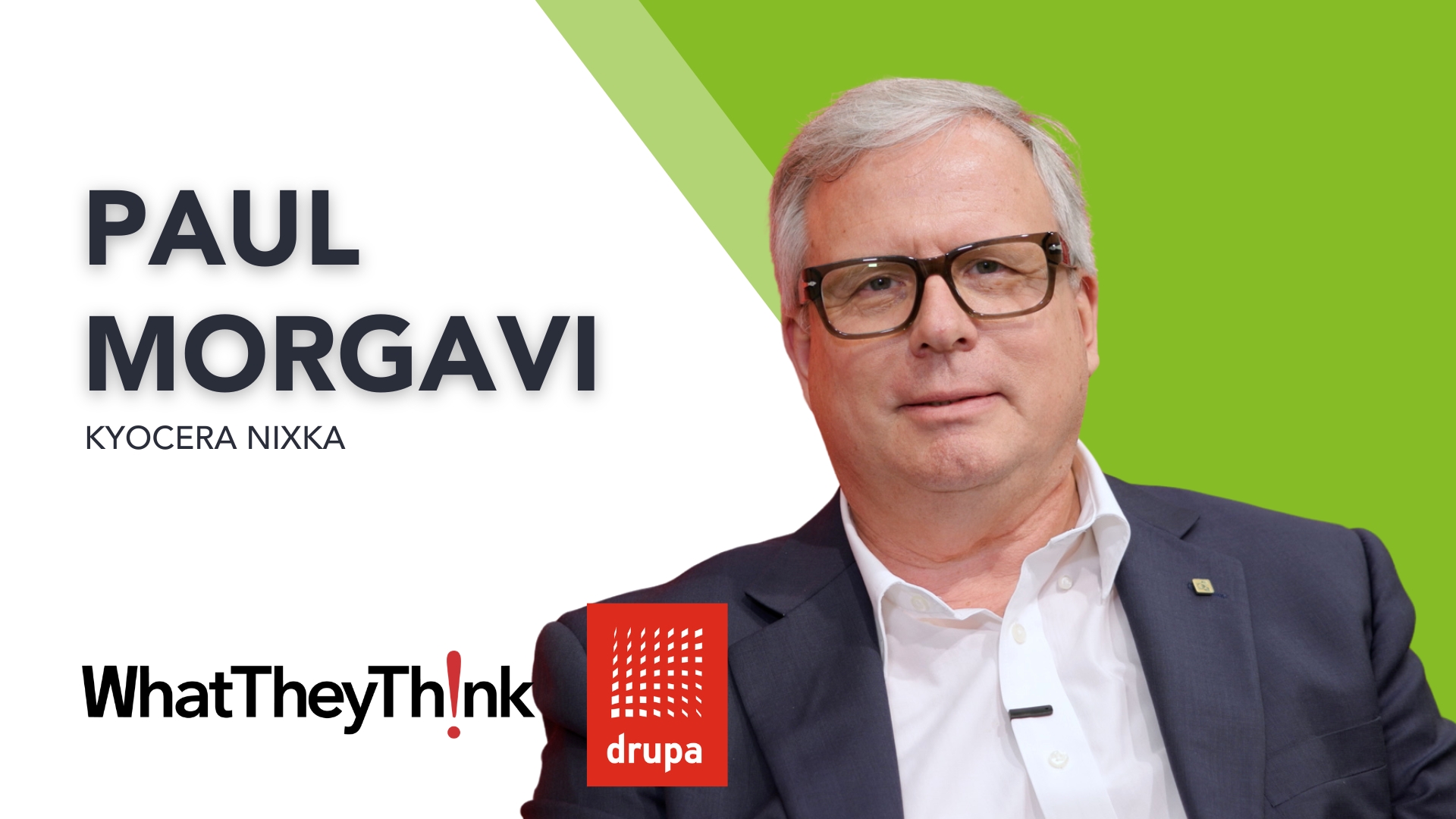
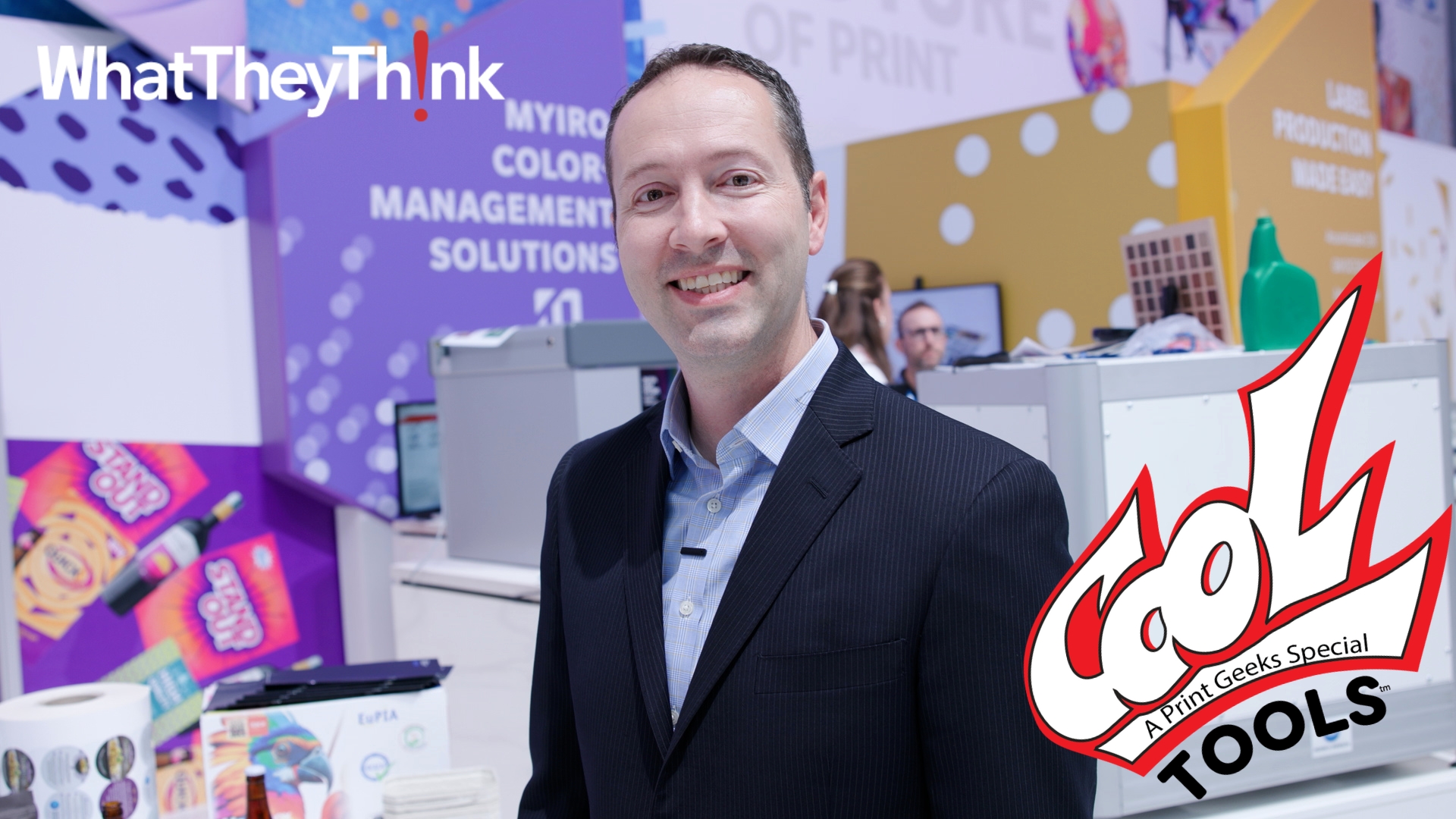
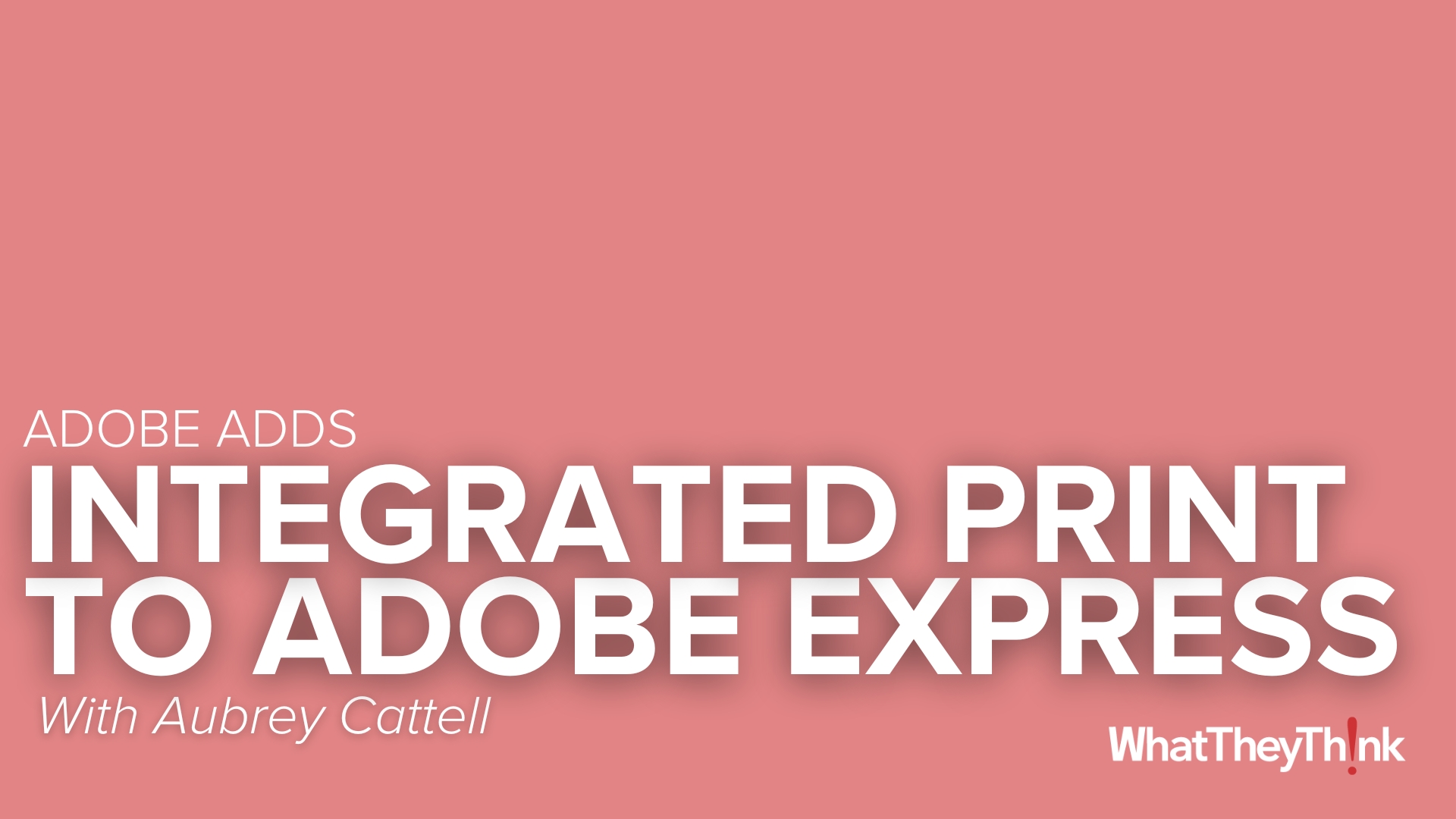


Discussion
Join the discussion Sign In or Become a Member, doing so is simple and free